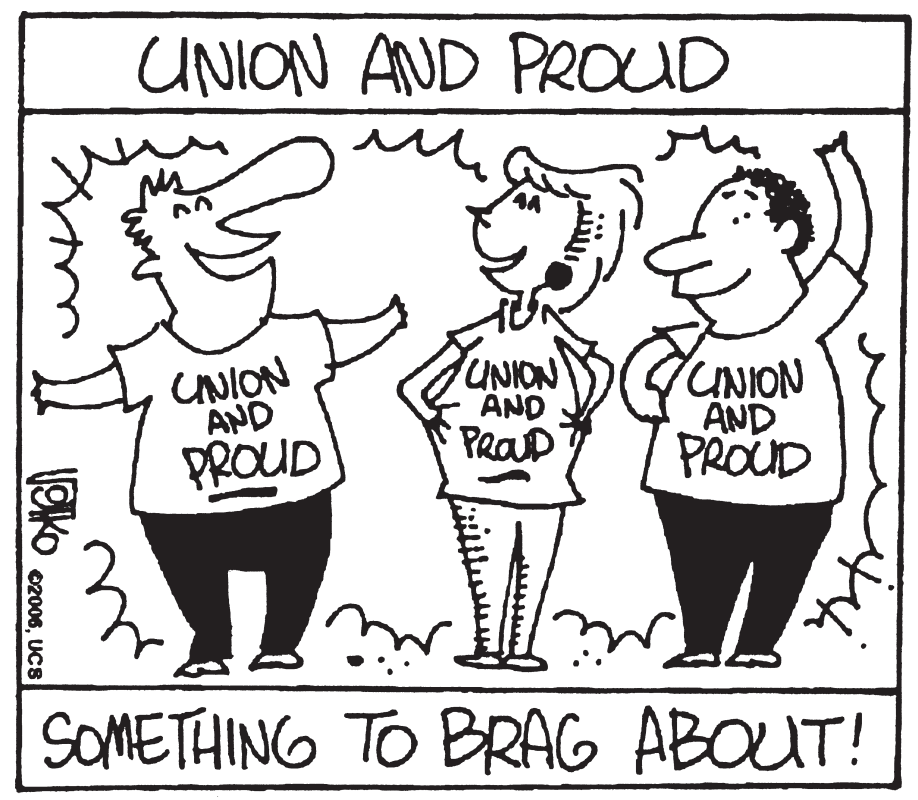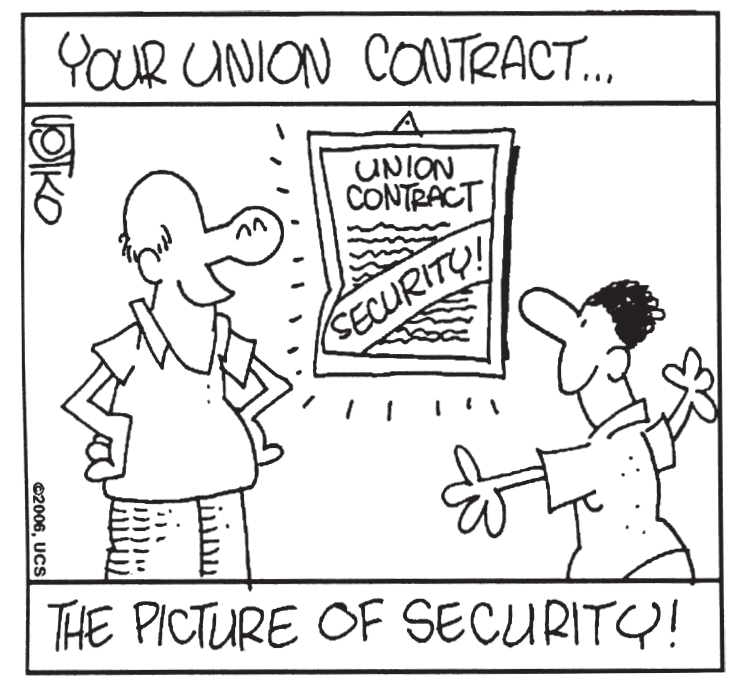Hawthorne Pacific members approved a new collective bargaining agreement in May and June 2006. The statewide agreement run two years and covers most of the production and clerical workers in units on Maui, Kauai, Hilo, Kona and Oahu.
The agreement provides an annual 3.5 percent wage increase for all production and clerical workers and maintains existing benefits such as medical, pension, vacations, and holidays. Improvements in sick benefits include the use of up to 10 days of paid sick leave per year to care for a child and other family members and long-term disability benefits which replaces 50 percent of wages for long illnesses or injuries.
The ILWU represents about 79 of the 280 Hawthorne Pacific employees. The company is the exclusive dealer for Caterpillar equipment and also sells and services other heavy equipment such as Toro, Genie and Kubota.
This was the first complete agreement negotiated with the new owners, Hawthorne Machinery of San Diego, California, who bought the former Pacific Machinery Company in May 2004. Pacific Machinery was a 79-year old Hawaii company that was part of Theo H. Davies, one of the Big 5 companies which came out of the wealth created by Hawaii’s sugar industry. The other Big 5 companies were Castle and Cooke, C. Brewer, Alexander and Baldwin, and Amfac.
Hawthorne renamed the company Hawthorne Pacific and agreed to maintain the existing collective bargaining agreements with the ILWU. There were actually four (five with Kona?) separate contracts, one for each island, and all of them had different expiration dates.

The ILWU and Hawthorne agreed to standardize the contracts and negotiate for all islands at the end of 2005. Contracts that expired earlier were extended and the company agreed to increase wages by 3.5 percent for production workers and 1.5 percent for Oahu clerical workers.
The union and company reached a settlement and members ratified the new agreement in meetings held in May 2006 for Oahu, Kauai and Maui and in June 2006 for Hilo and Kona.
Hawaii Division Director Richard Baker, Jr. served as the union spokesperson. Maui business agent Delbert DeRego was the co-chair. Maui member Rikizo Tengan, Jr. served as the union committee chair and Big Island member Marlene Nakaishi was the secretary. Kauai member Eric Carvalho and Oahu member Steve Allen also served on the union committee. ◆
Grand Wailea concierge win increase in commission
As of April 2006, about 25 concierge workers at the Grand Wailea Resort & Spa on Maui became part of the bargaining unit and will be covered under the union contract. In addition, the concierge workers will receive an increase in commission from 1.0 percent to 1.75 percent on tours, cruises, luaus and other commissionable activities they sell to guests.

Many luxury hotels have a concierge desk where guests can get assistance with their travel needs. The concierge staff can get a baby sitter, make reservations at restaurants, book shows and events, or give suggestions on things to see and do. Guests at the Grand Wailea Resort can also go to their concierge desk to buy dinner cruises, tours to Haleakala Crater, bike rides, whale watching, helicopter rides and so on. Grand Wailea Resort concierge workers will now earn a 1.75 percent commission on these sales, which can add several hundred dollars a month to their income.
A hotel may have many other incentive programs which are not spelled out in the union contract. For example, Grand Wailea Resort front desk workers receive a 5 percent commission when they sell a guest a more expensive room which is not in the contract.
The hotel has the same legal obligation to bargain with the union over any changes in these agreements, but if they are not in the contract, the union must make a timely request that the hotel bargain over the issue. Changes are often made without the union’s knowledge; there is no request for bargaining; and the union may find out months later when it is too late to do anything.
There are many reasons why union members should work to include these kinds of incentive arrangement in the union contract. Everyone will know the terms of the incentives, and management will be required to bargain with the union before making any changes. Members should keep their union officers informed of all incentive programs and any changes in these incentives. ◆

